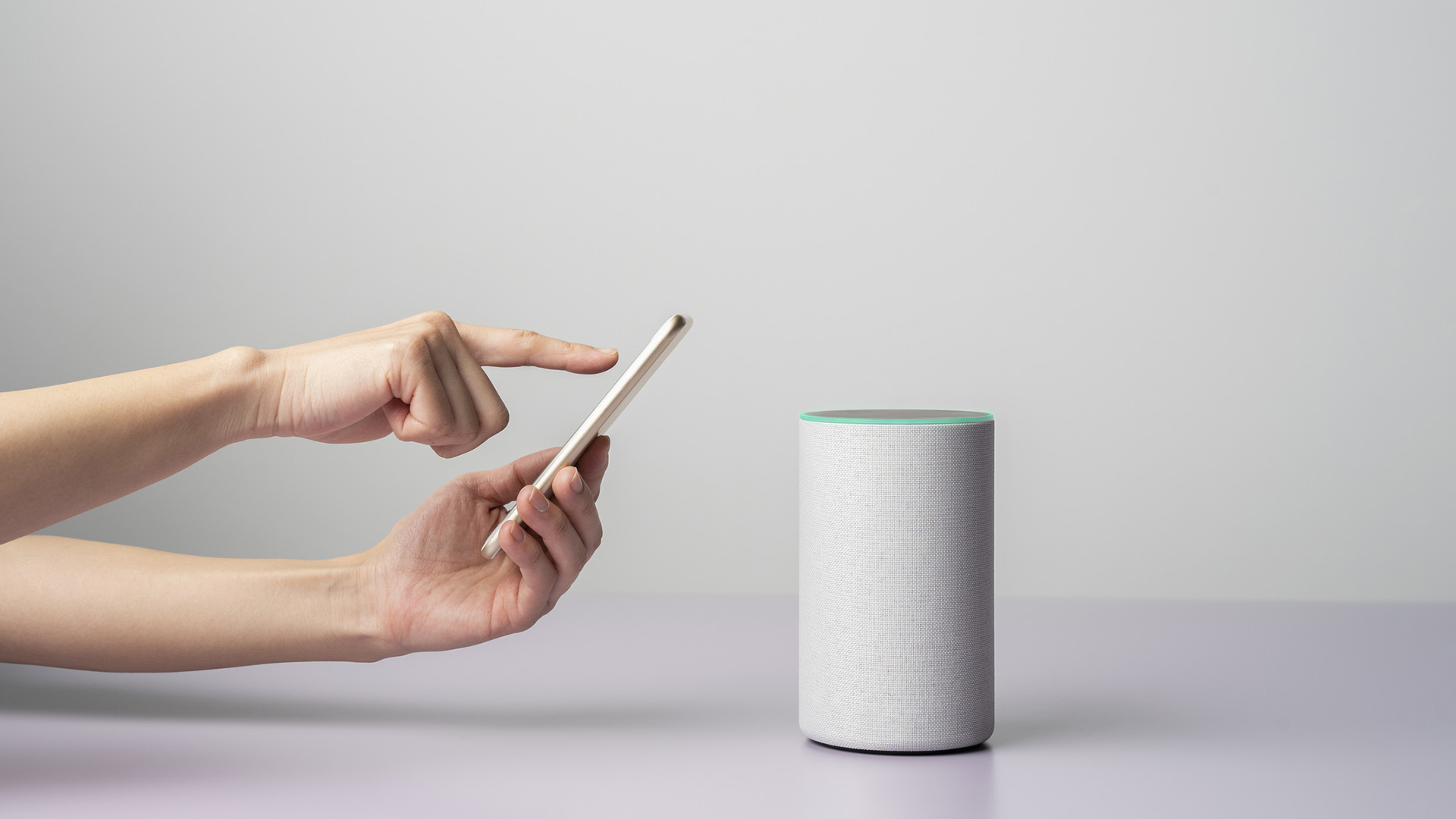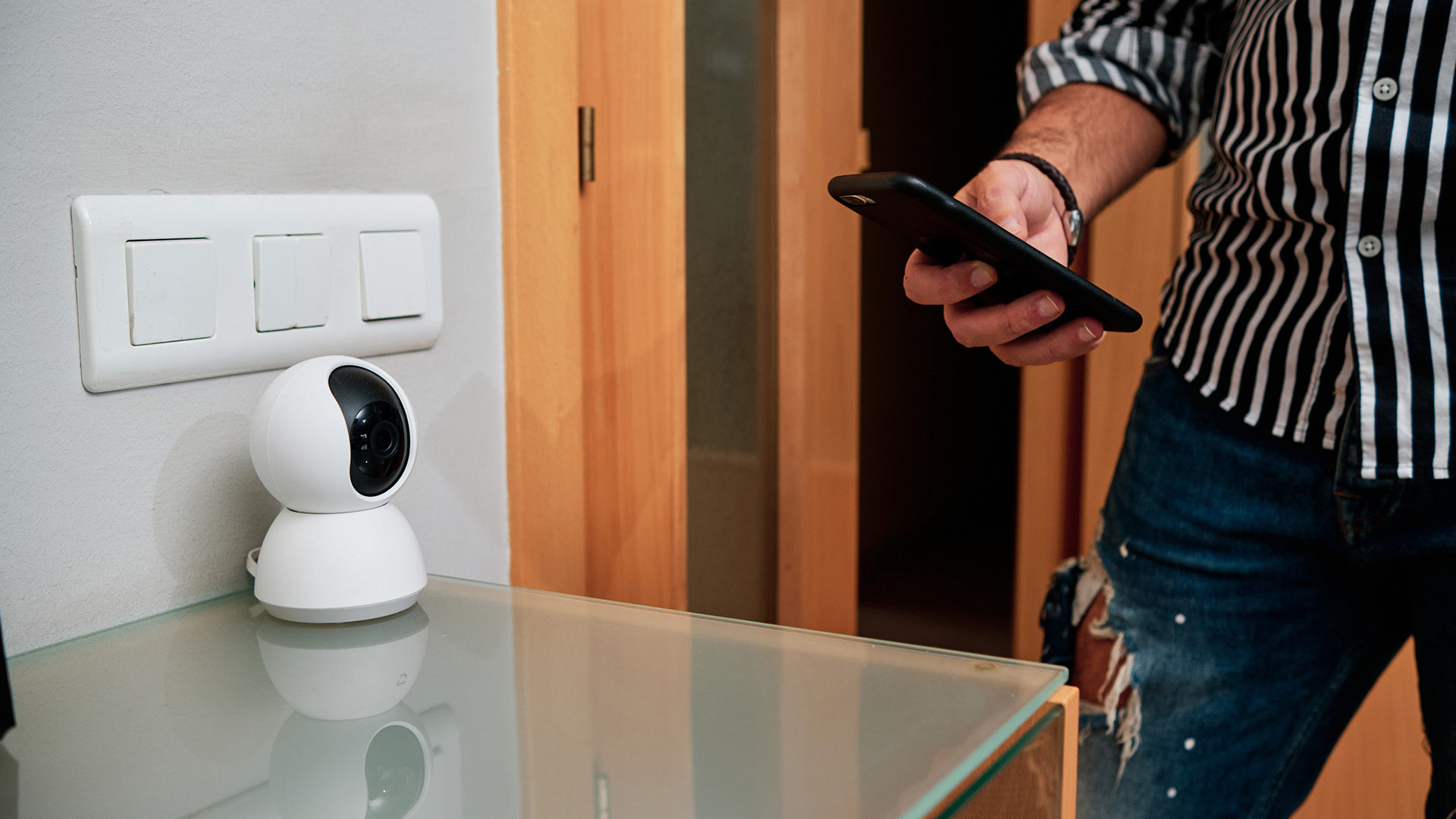
Back in the early days of mass gadgetry, around the mid-2000s, I used to joke about how onerous it would be if our toasters and kettles became like our computers; devices that needed frequent updates to be downloaded and installed, and that’d swiftly become obsolete when they couldn’t run the latest operating system.
Now, it’s become a reality. Everything seems potentially smart these days, and in need of software support, not only to avoid bugs and deliver the latest features, but to keep it safe when connected to the internet. The smart home has been called the next frontier for fraud and cybercrime and security updates have become a top priority when using everything from security cameras and baby monitors to smart speakers and tumble dryers.
But how long should we expect that support to be provided? All too often, it seems over far too quickly. One early example of dissatisfaction was the hoo-hah, in 2020, when Sonos announced that it was no longer updating some of its older devices.
In extreme cases, users with systems less than five years old, that had cost thousands of pounds, found them un-updateable. Many were shocked by the waste and by the expense needed to keep up with these developments. Some feared their speakers would soon no longer work at all.
Slowly, things are getting better. Samsung and Google are now guaranteeing seven years of security updates if you buy (some of) their top phones. But other companies are much meaner. A recent report by the Consumers’ Association found a huge variety of durations. With smart thermostats, for example, Tado offered 10 years of support but Worcester Bosch, Drayton and Hive just two.

Under the Product Security and Telecommunications Infrastructure Act of 2022, it’s actually now a legal requirement that manufacturers of smart products declare how long they will provide vital security updates, but many companies don’t, or at least don’t make it obvious. Maybe market forces will help. Consumers will start to favour brands that are more upfront and generous with their policies and are more likely to stay in business to deliver on it.
Come-and-go no-name brands could lose out. Friends have told me of lesser-known brand smart dumbbells that have become dumb paperweights after only two years and security cameras that have become a security risk because the companies that made them are nowhere to be seen.
Some may want to stick with a simpler product. An unconnected, non-smart system of Hi-Fi separates could last a lifetime. Of course, security updates aren’t a panacea to escape all forms of obsolescence. You may still need to buy new hardware to get the latest features. I’d like to see a two-tier approach.
Manufacturers could commit to supporting their very oldest products with security updates, and basic functionality, while at the same time giving a generous guaranteed full support period during which you’d continue to receive all the latest bells and whistles. That should minimise the chance of your washing machine or baby monitor blowing a hole in your online security.







